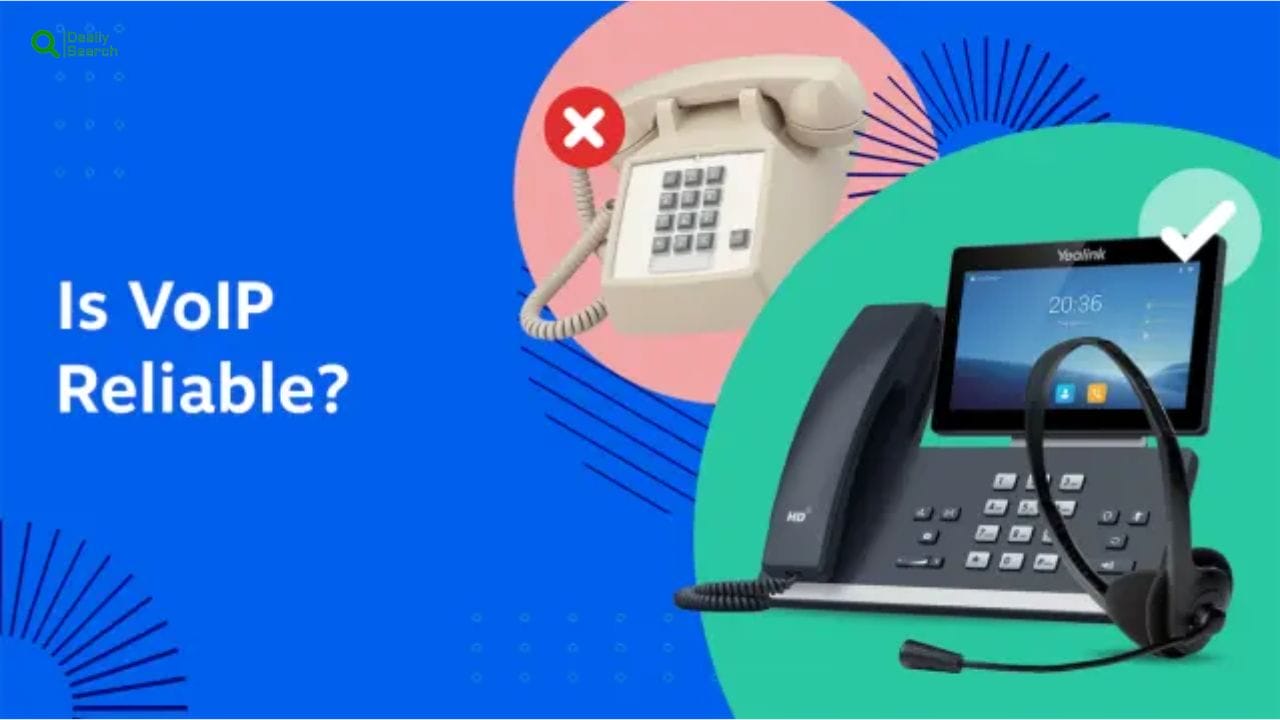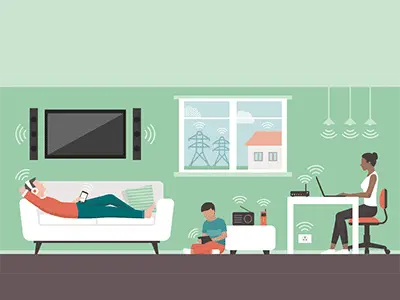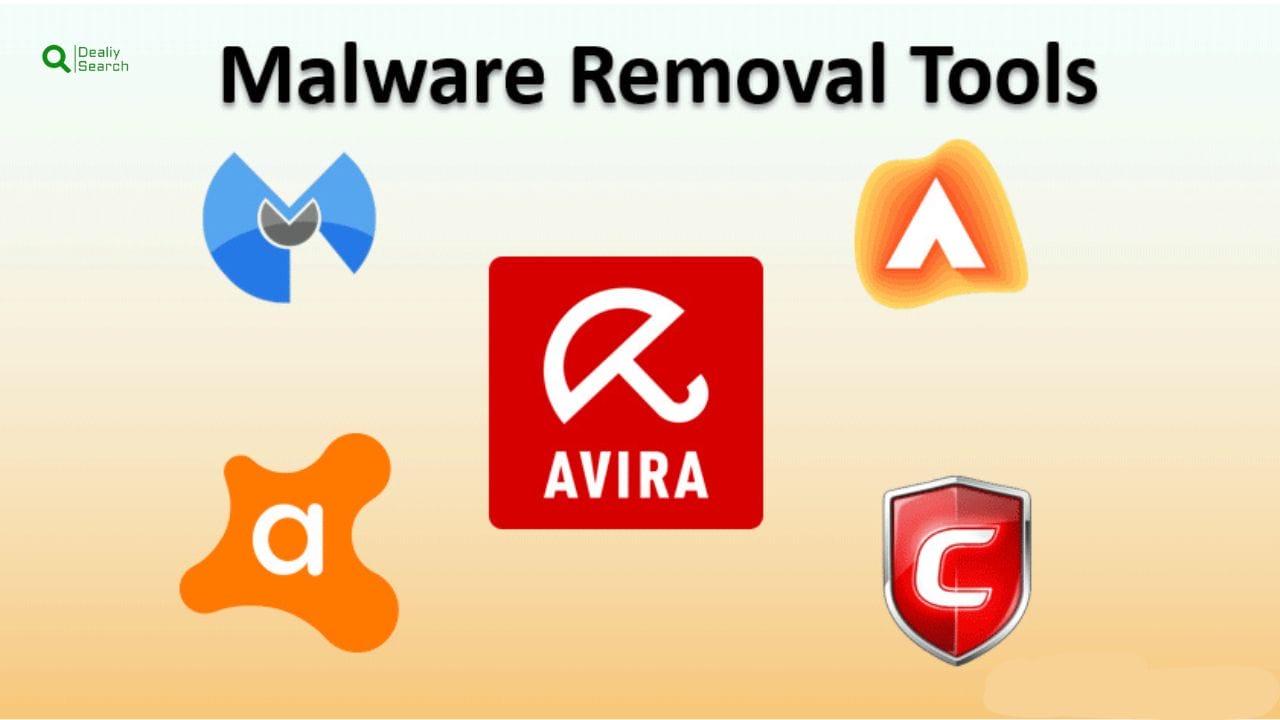Mastering Communication The Ultimate Guide to VoIP Best Practices for Businesses

In today’s fast-moving digital world,(Voice over Internet Protocol) has changed the way people and businesses communicate. Instead of using traditional phone lines, VoIP allows voice and video calls over the internet—making it faster, cheaper, and more flexible. As of 2024, over 3 billion people worldwide use-based apps like WhatsApp, Zoom, and Skype to stay connected. Businesses are also making the switch, with market value expected to reach $102.5 billion by 2026. From remote work to international calls, It helps reduce costs and boost efficiency. This article will help you understand how VoIP works, why it matters, and how to use it safely and successfully.
What is VoIP, and Why is it Important?

VoIP stands for Voice over Internet Protocol. It’s a technology that lets you make phone calls using the internet instead of a regular telephone line. Apps like WhatsApp, Zoom, Skype, and Google Meet use to let people talk and even video chat from anywhere in the world. Instead of using traditional phone cables, VoIP changes your voice into digital signals and sends them over the internet.
This means you can talk to someone on the other side of the world almost instantly—just like a normal call, but often cheaper or even free. This is important because it saves money, especially for long-distance and international calls. It also works on many devices—phones, tablets, computers—so it’s very flexible. Businesses use for customer service, remote work, and team communication, often replacing old phone systems.
It also allows features like call recording, voicemail to email, video calls, and more. As more people and businesses move online, This is becoming the new standard for communication. It’s fast, reliable, and fits perfectly into our internet-connected lives—making it an essential tool in today’s digital world.
What Are the Types of VoIP and Why People Choose VoIP?
VoIP, which stands for Voice over Internet Protocol, is a way to make phone calls using the internet instead of telephone wires. There are a few different types of that people use. One type is VoIP apps, like WhatsApp, Zoom, Skype, and Google Meet. These apps let you talk or video chat with people from your computer or phone using Wi-Fi or mobile data. Another type is hosted VoIP, where a company runs the phone system online (in the “cloud”), and people just connect to it.
This is great for small businesses. A third type is called IP PBX, which is used by big companies that want to control their own phone system with special hardware and software. People choose VoIP because it has a lot of benefits. First, it’s often cheaper than regular phone calls, especially if you’re calling another country.
It also works on many devices like phones, tablets, or laptops. You can make calls, send messages, or even join video meetings from almost anywhere with internet. It also comes with cool features like voicemail, call waiting, and call recording. That’s why many people and businesses use VoIP—it’s easy, flexible, and fits perfectly into today’s digital world.
Best Practices for Implementing VoIP in Your Business

Using (Voice over Internet Protocol) in a business means making phone calls through the internet instead of using old-fashioned phone lines. It’s a smart and modern way for companies to talk to customers and team members. But to make work well, there are some best practices businesses should follow. First, a business should make sure it has a strong and fast internet connection.
Since uses the internet, slow or weak connections can make calls sound bad or cut out. Next, businesses should choose a trusted service provider that offers good features like call recording, voicemail, and support if something goes wrong. It’s also smart to use headsets or special phones that are made for internet calling. Another good idea is to train the team so everyone knows how to use the new system.
This way, people feel confident and ready. Lastly, businesses should keep their software updated and secure to protect private calls and information. When businesses follow these steps, VoIP becomes a powerful tool that helps them save money, stay connected, and work better as a team. It’s like giving the business a smart phone system that works anytime, anywhere.
Choosing the Right VoIP System and Securing Your VoIP System
When a business wants to switch to (Voice over Internet Protocol), it’s important to choose the right system that fits their needs. There are many VoIP providers, so the first step is to look for one that offers good call quality, helpful features, and reliable customer support. Businesses should think about how many people will use the system, whether they need video calls, call recording, or voicemail-to-email.
And if the system works on both computers and mobile phones. It’s also smart to pick a service that can grow with the business as it gets bigger. After choosing the right system, the next step is to make sure it’s safe and secure. Since VoIP uses the internet, it can be at risk of hackers or spam calls if not protected properly.
Businesses should use strong passwords, turn on firewalls, and update their software regularly to block security threats. Some services also offer encryption, which scrambles calls so no one else can listen in. By choosing the best system and keeping it secure, businesses can enjoy smooth, safe, and cost-effective communication every day—whether they’re working in the office or from home.
Enhancing VoIP Performance and Reliability

To make sure (Voice over Internet Protocol) works well all the time, businesses need to focus on improving both performance and reliability. VoIP depends on a strong internet connection, so the first step is to have high-speed internet with enough bandwidth to handle all the calls without slowing down. Using a wired connection instead of Wi-Fi can also make calls clearer and more stable.
Another good tip is to set up Quality of Service (QoS) on the network. QoS gives voice traffic priority over other internet activity, so calls won’t drop or lag when someone is downloading a big file. Businesses should also choose reliable hardware, like high-quality headsets and VoIP phones that are designed for internet calling. Keeping all software and devices up to date helps fix bugs and improve security.
It’s also smart to have a backup internet connection or failover system in case the main connection goes down. Monitoring tools can be used to check call quality and spot problems early. By following these steps, businesses can make sure their VoIP system works smoothly every day—giving customers and employees a clear, reliable way to communicate, no matter where they are.
What Are the Typical Costs Associated with Implementing a VoIP System?
Setting up a VoIP (Voice over Internet Protocol) system for a business can save money over time, but there are still some costs to think about at the beginning. First, a business needs to pay for the service, which usually has a monthly fee. This fee can be low or high depending on how many people need to use the system and what features are included, like voicemail, call forwarding, or video calls.
Some plans start as low as $10–$25 per user each month. Next, businesses might need to buy phones or headsets to use with computers. These can cost anywhere from $50 to $200 each. If the internet connection isn’t strong enough, the company may also need to upgrade to a faster internet plan, which could add to the monthly cost. In some cases, businesses hire IT experts to help set up the system, which adds extra cost too.
However, even with these costs, VoIP is usually cheaper than old-fashioned phone systems, especially for long-distance or international calls. Over time, VoIP helps businesses save money, work better, and stay connected more easily. It’s a smart investment for the future.
Frequently Asked Question
1. How can VoIP improve business communication?
VoIP offers flexibility, cost reduction, and features like call forwarding, voicemail to email, and conference calling that enhance business communication.
2. What are the common security threats to VoIP?
VoIP systems are susceptible to cyber threats like hacking, eavesdropping, and denial of service attacks.
3. Can VoIP be integrated with other business systems?
Yes, VoIP can be integrated with CRM systems, email platforms, and mobile apps to streamline communication processes.
4. How does VoIP impact networp erformance?
VoIP can significantly increase network load due to voice data transmission. Proper network configuration, such as implementing Quality of Service (quality of service) and ensuring adequate bandwidth, can mitigate any negative impact and ensure smooth VoIP performance.
5. What should businesses consider when transitioning from traditional phone systems to VoIP?
Businesses should consider the readiness of their existing network infrastructure, potential cost savings, the need for training employees, and the security measures required. It’s also crucial to choose a VoIP solution that integrates seamlessly with existing business applications.
Conclusion
VoIP has become a powerful and essential tool in today’s connected world. It allows people and businesses to make calls, hold meetings, and stay in touch—all through the internet. With lower costs, easy setup, and features like video calling and voicemail-to-email, This is changing the way we communicate. Whether you’re a small business, a student, or someone who wants to talk to friends and family across the globe, offers a smart, flexible, and modern solution. By understanding how works and following best practices, anyone can enjoy clear, secure, and reliable communication anytime, anywhere.






